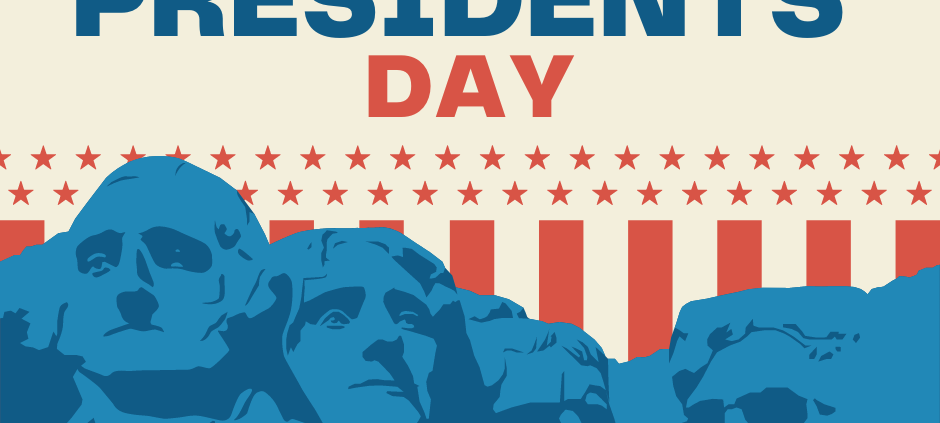The History of Presidents Day
Introduction:
Presidents Day, a holiday often associated with sales and a day off from school, holds a deeper significance rooted in the history of the United States and the leadership that has shaped the nation. Imagine Early Education and Childcare committed to fostering a holistic understanding of the world, we delve into the rich history of Presidents Day, unraveling its origins and the importance it holds in honoring the leaders who have left an indelible mark on the country.
Originally established in 1885 to commemorate the birthday of George Washington, the first President of the United States, Presidents Day was celebrated on February 22nd. Washington’s birthday was a federal holiday, and it was the first holiday to honor an individual American president.
In 1971, the Uniform Monday Holiday Act was passed, which sought to provide more three-day weekends for the nation’s workers by moving the celebration of Washington’s birthday from February 22nd to the third Monday of February. This shift aimed to standardize the varying state practices regarding holidays and was also designed to honor Abraham Lincoln, whose birthday falls on February 12th.
The merger of the two celebrations resulted in the creation of Presidents Day, a day that honors all U.S. presidents, past and present. While Washington and Lincoln are often the focus of the celebration, the day is meant to recognize the contributions of all individuals who have held the highest office in the land.
Presidents Day serves as an excellent opportunity to introduce young learners to the concept of leadership and the role of presidents in the history of the United States. Through age-appropriate activities and discussions, children can gain an understanding of the responsibilities of the president and the significance of leadership in a democratic society.
As educators, we recognize the importance of integrating historical events and celebrations into our curriculum. Presidents Day provides an excellent platform for lessons on American history, civics, and the democratic process. Classroom activities could include discussions about significant presidential achievements, the election process, and even creative projects like crafting presidential portraits or writing short biographies.
Presidents Day is not just a day off from school; it’s an opportunity to connect the past with the present. We can encourage children to explore the lives of different presidents, learn about their unique contributions, and reflect on the qualities that make a great leader. By fostering an early understanding of civic responsibility and the importance of informed citizenship, we equip our students with the tools they need to become active and engaged members of society.
As we observe Presidents Day, let us take a moment to reflect on the history and legacy of the leaders who have guided our nation. Through education and exploration, we can instill a sense of civic responsibility in the young minds we nurture, ensuring that they grow up with a deep appreciation for the values that underpin our democratic society. Happy Presidents Day!



